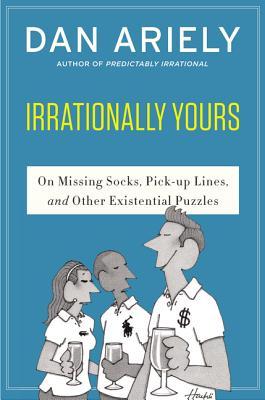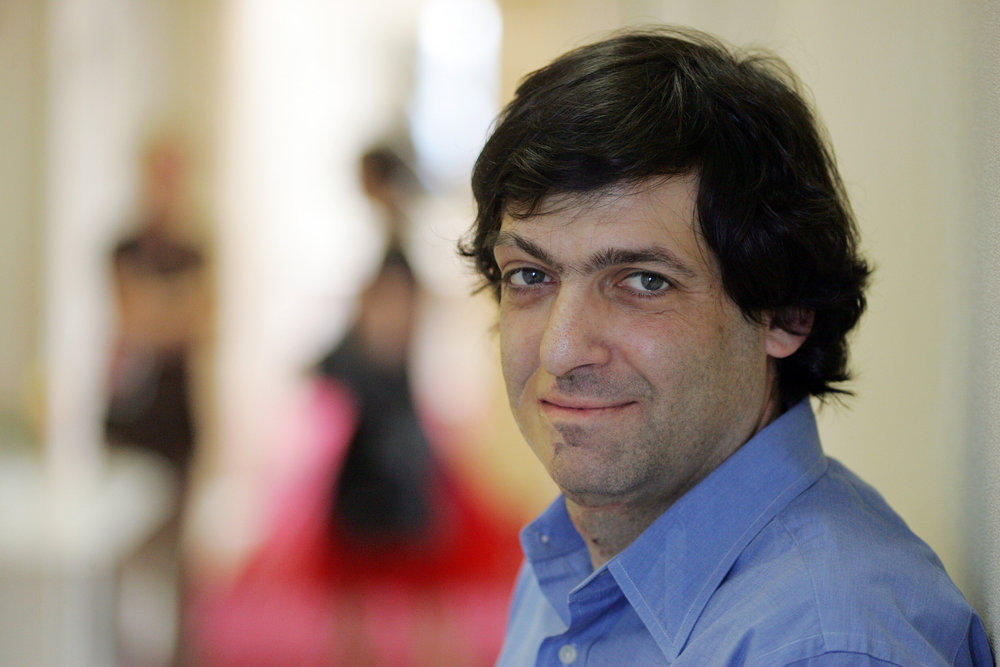
In one experiment, Ariely and his colleagues had participants build Bionicles (a series of kids’ toys) out of Lego blocks, and paid them for each figure they made.


But Ariely’s research has shown that this isn’t how people work. Labor is often talked about via the metaphor of the rat race: workers are motivated only by money, and they dispassionately do their jobs in order to get paid. Standard economic theory, and the models of labor supply that it has produced, don’t have much to say about the emotional connection that workers have to their jobs-and yet, most adults see their work as a central component of their identity.

― Dan Ariely, Predictably Irrational: The Hidden Forces That Shape Our Decisions We all make the same types of mistakes over and over, because of the basic wiring of our brains.” “Our irrational behaviors are neither random nor senseless- they are systematic and predictable. Seeing this, Ariely started to think about how we find value in our jobs. The realization that nobody would ever see the fruits of all that labor made the student feel deeply depressed. After many late nights of making graphs and tables, he finally sent the finished product to his boss-only to be told that, actually, the merger had been canceled. The bank was preparing for a big merger, and Ariely’s student had spent two weeks working constantly on a presentation for it. What factors make us feel good about the work we do? This is a question Ariely started wondering about after hearing a story from his former student, who was working at a bank. Sisyphus and the workplace – The importance of meaningful work You can find out more about that project here. *The Decision Lab has collaborated with Dan Ariely in the past, when he served as an advisor for our work with the World Bank in Uganda. His research has implications for individuals (How can we commit to healthier habits? How do we avoid irrational decision making?) as well as for society as a whole (How do we make work more fulfilling? How do we address wealth inequality?). With three New York Times best-selling books and several highly-viewed TED talks to his name, he is known not only for his wide-ranging and incisive research but also for his accessible communication style and his sense of humor.Īriely’s work, which spans many concepts from pain tolerance to financial decision making, has challenged some of the most basic assumptions of traditional economics, and shone a light on the systematic irrationalities of human behavior.

Dan Ariely is a psychologist and behavioral economist, and one of the most influential academics currently working in his field.


 0 kommentar(er)
0 kommentar(er)
